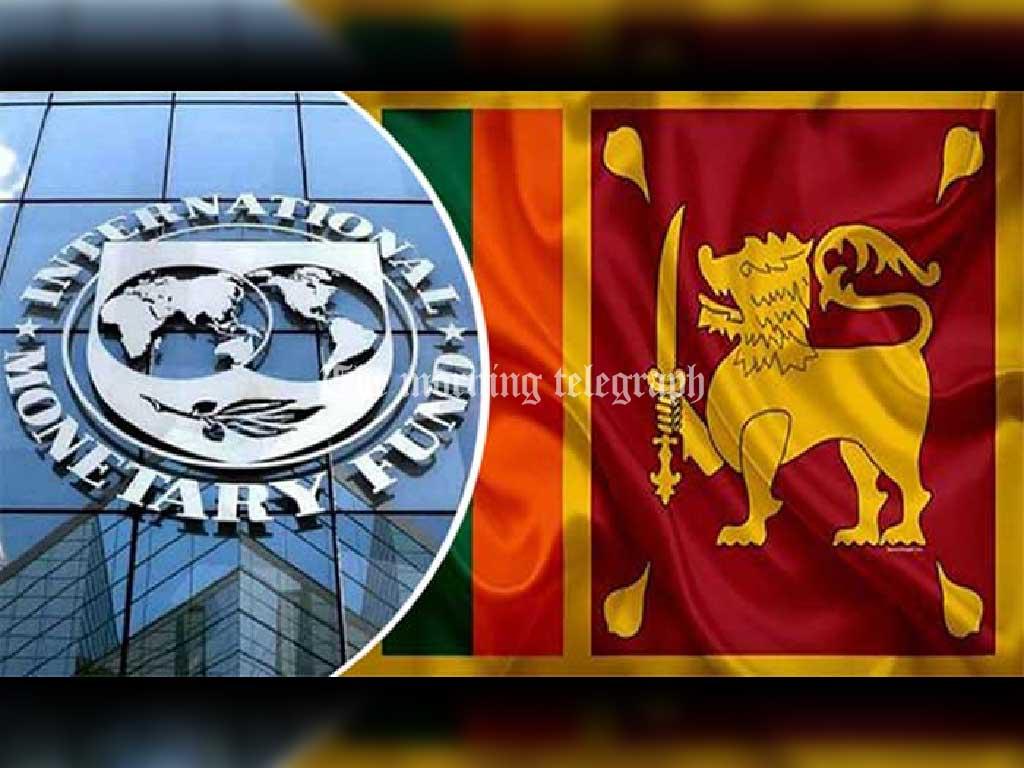
The International Monetary Fund (IMF) announced that Sri Lanka’s recent agreements with China and other creditors to restructure approximately $10 billion in bilateral debt mark a significant step towards restoring debt sustainability. The agreements, signed on Wednesday, signal progress in a restructuring process that began in September 2022, following a severe economic crisis that led to the nation’s first default on foreign debt.
Sri Lankan officials in Paris finalized the deal with the Official Creditor Committee (OCC), co-chaired by Japan, India, and France, which collectively lent $5.8 billion. A separate agreement with China EXIM Bank to rework $4.2 billion is also underway, ensuring comparable treatment among creditors.
Despite this progress, Sri Lanka still faces the challenge of restructuring $12.5 billion in international bonds. The IMF expressed hope for swift agreements with private creditors to ensure comprehensive debt resolution. Bilateral lenders emphasized that any bondholder agreement should be as favorable as the OCC terms.
This restructuring is a crucial condition of the IMF’s $2.9 billion bailout program, which has helped stabilize Sri Lanka’s economy. The central bank projects a 3% economic growth in 2024, following a 2.3% contraction last year.
Sri Lanka’s total external debt stands at $37 billion, with ongoing efforts to restructure $2.2 billion owed to the China Development Bank. The restructuring plan allows Sri Lanka to delay repayments to bilateral creditors until 2028, with new loans arranged until 2043, aiming to reduce debt by $16.9 billion.
President Ranil Wickremesinghe announced plans to seek parliamentary approval for the restructuring deals on July 2. Successful restructuring is expected to halve foreign debt repayments to 4.5% of GDP by 2027-2032, down from 9.2% in 2022. Analysts, however, caution that governance improvements and adherence to reforms are essential for sustained recovery, particularly with presidential elections on the horizon.
Thilina Panduwawala, head of research at Frontier Research, noted that Sri Lanka could soon access previously undisbursed loans for infrastructure projects, though upcoming elections may delay these processes.




